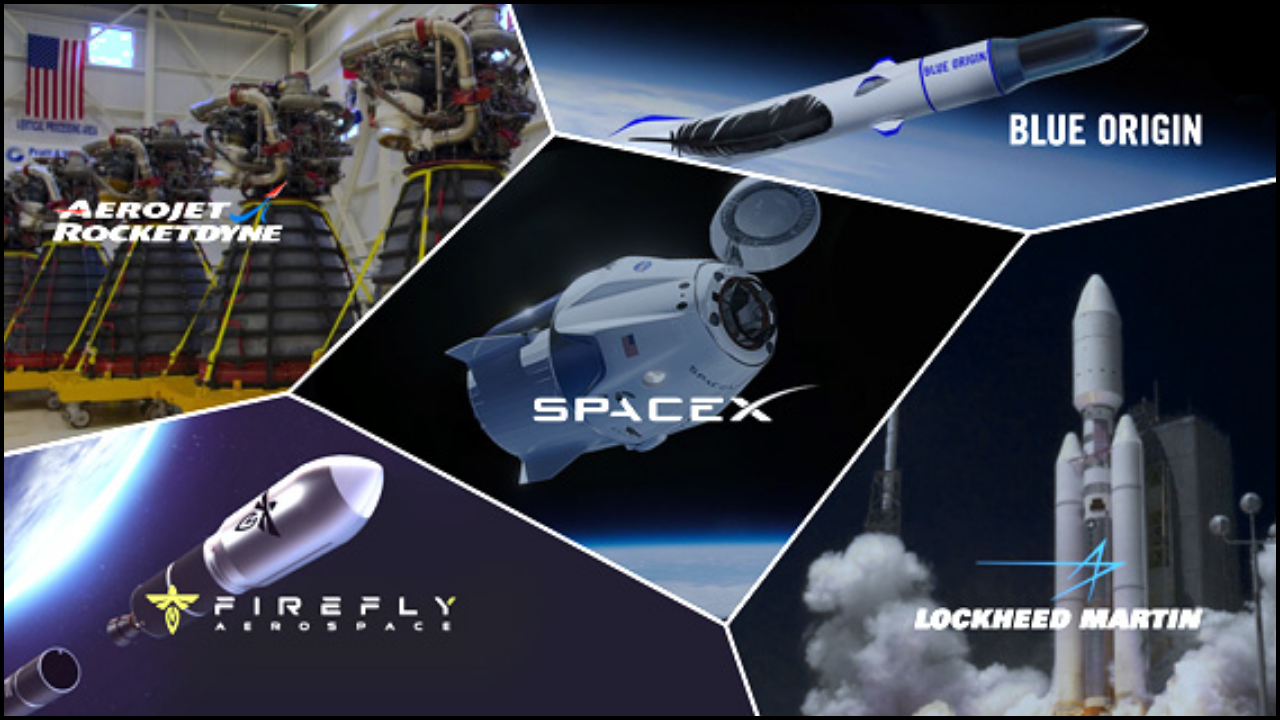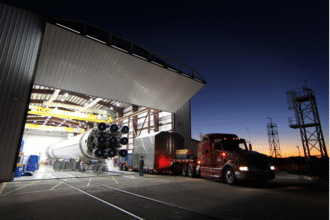Space travel is becoming more real—and more exciting—every day. What was once just a dream in science fiction is now a fast-growing field full of possibilities. Thanks to companies like SpaceX and support from countries around the world, we’re seeing rockets launch more often, missions being planned to new worlds, and even tourists getting a taste of space.
From flying back to the Moon to preparing for human missions to Mars, the space race is entering a bold new era. These aren’t far-off goals anymore; they’re active projects shaping our near future. It’s a thrilling time to learn about space and imagine where we’ll go next.
The Current State of Space Travel
The early space missions, led by NASA and other national agencies, focused mainly on satellite launches and manned lunar missions. However, the 21st century brought a major shift. Today, the US and UK space exploration sectors are seeing a surge in public and private partnerships. Governments are no longer the only players; private enterprises now play a huge role in pushing technology forward.

SpaceX, for instance, has revolutionized the industry with reusable rockets and commercial flights to the International Space Station (ISS). Other companies, such as Blue Origin and Virgin Galactic, are also contributing, aiming to make space travel accessible to civilians.
The Future of Space Travel and Exploration

So, how will space travel evolve in the coming years? Here's a look at what the future holds:
1. Manned Missions to Mars and Beyond
Mars is at the center of long-term space goals. SpaceX’s Starship is designed to carry humans to the Red Planet, with the first crewed missions expected within the next decade. NASA’s Artemis program, on the other hand, is focused on returning astronauts to the Moon, with plans to establish a lunar base. This base could serve as a launchpad for deeper space missions.
2. Commercial Space Flights
Suborbital flights for civilians are already underway, and full orbital experiences are next. The idea of space tourism is no longer fiction. While it's still expensive, ongoing innovation is expected to reduce costs, making it possible for more people to experience space firsthand. Anyone interested in learning more can buy space travel books or follow updates from leading space companies.
3. Space Habitats and Colonization
With the possibility of living on Mars or the Moon, the concept of space colonization is gaining attention. Research is underway on how to build sustainable habitats that can support life in harsh space environments. This includes developing food systems, waste management, and radiation protection.
4. Advancements in Propulsion Technologies
One of the most exciting areas of research is propulsion. Traditional chemical rockets are expensive and slow for deep space missions. Future innovations might include nuclear thermal propulsion or even ion drives, which could drastically reduce travel time to distant planets.
5. AI and Robotics in Space Exploration
As humans prepare to go farther into space, robotic missions will lead the way. AI-powered robots and rovers will help collect data, build habitats, and perform maintenance tasks. These machines are crucial for reducing risks and ensuring the success of complex missions.
The Role of Space Agencies and Private Firms

Both public and private sectors are driving progress. NASA, ESA, and the UK Space Agency are working closely with startups and tech firms. Countries are also investing in spaceports and training facilities to support future missions.
In the US and UK space exploration landscape, public interest has grown significantly. People now follow space exploration news through social media, documentaries, and live mission coverage.
Educational and Career Opportunities
As space travel evolves, so do career paths. Universities and institutes are offering specialized degrees in space engineering, astrophysics, and aerospace technology. For those curious to begin, it's a good idea to buy space travel books or take online courses to understand the basics.
There's also a growing community of enthusiasts who track missions, explore astronomy, and attend space-themed events. Many of these individuals later pursue careers in the space sector.
Challenges Ahead
Despite the optimism, space exploration faces several hurdles:
- High costs remain a major barrier.
- Health risks from long-duration spaceflight, like bone loss and radiation, must be addressed.
- Space debris and environmental concerns are becoming serious issues.
- International cooperation and peaceful space use need ongoing attention.
Solving these challenges will require global collaboration, scientific innovation, and strong policy-making.
Why Space Exploration Matters
Exploring space is not just about discovery; it's about survival and growth. Earth’s resources are limited, and space offers new opportunities for energy, materials, and even habitation. It also fuels scientific curiosity, technological advancement, and global unity.
How You Can Get Involved
You don’t have to be an astronaut to participate in the space age. Here's how you can stay engaged:
- Buy space travel books to understand key concepts and history.
- Follow space exploration news on websites like NASA, SpaceX, and UK Space Agency.
- Attend planetarium shows or space events in your local area.
- Enroll in online courses about rocketry, space science, and astronomy.
- Join space clubs or online communities to stay connected with enthusiasts.
Final Takeaway
The future of space travel and exploration is exciting and full of possibilities. From reaching Mars to developing new propulsion systems, the path ahead is rich with innovation. Whether you're a student, educator, or simply a curious mind, there’s never been a better time to learn about space.
As humanity reaches the stars, each step forward becomes a shared achievement. With continued support, research, and education, space exploration will not only shape our future, but it will also define it.









